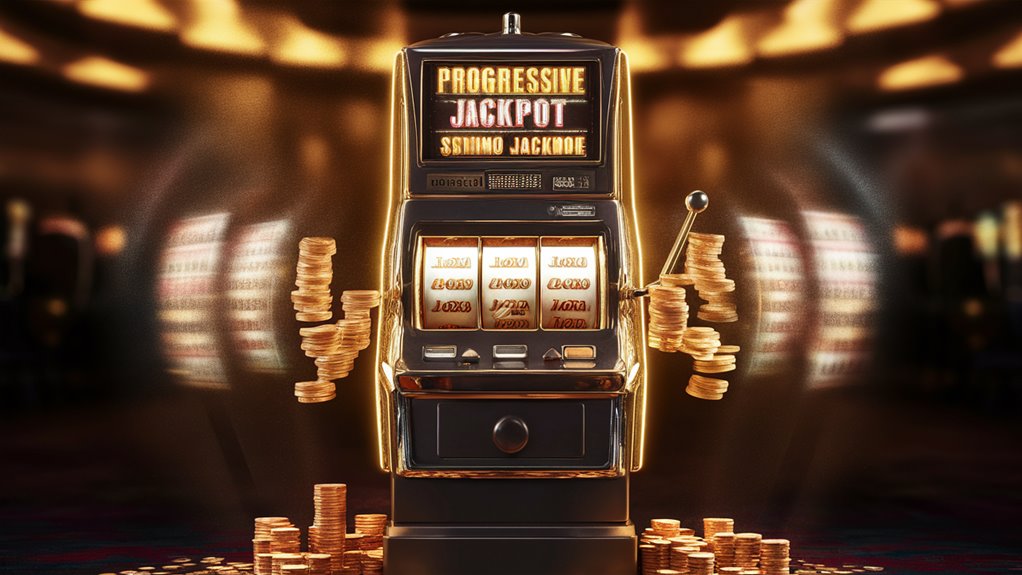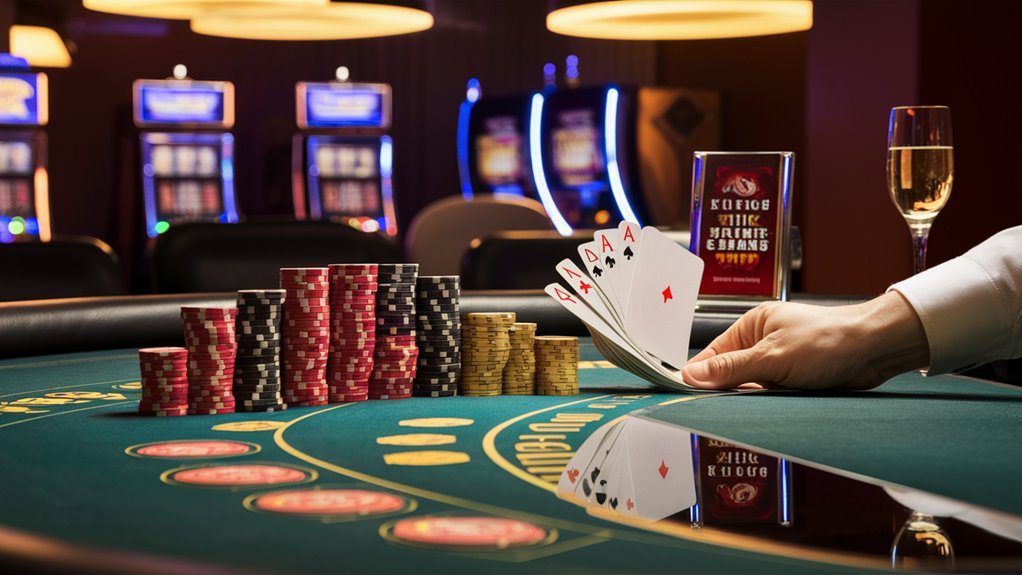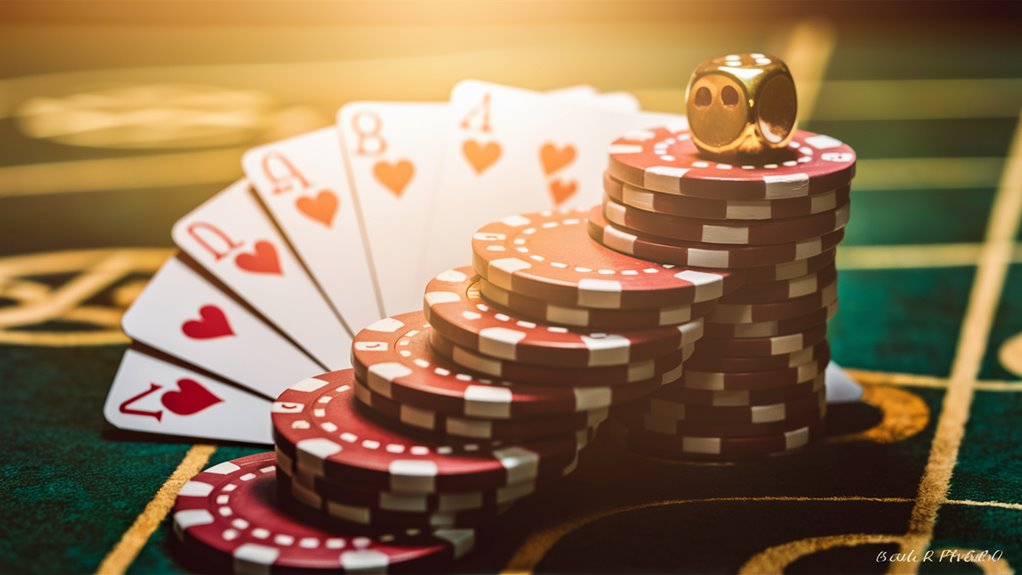Roulette Psychology: What You Need To Know
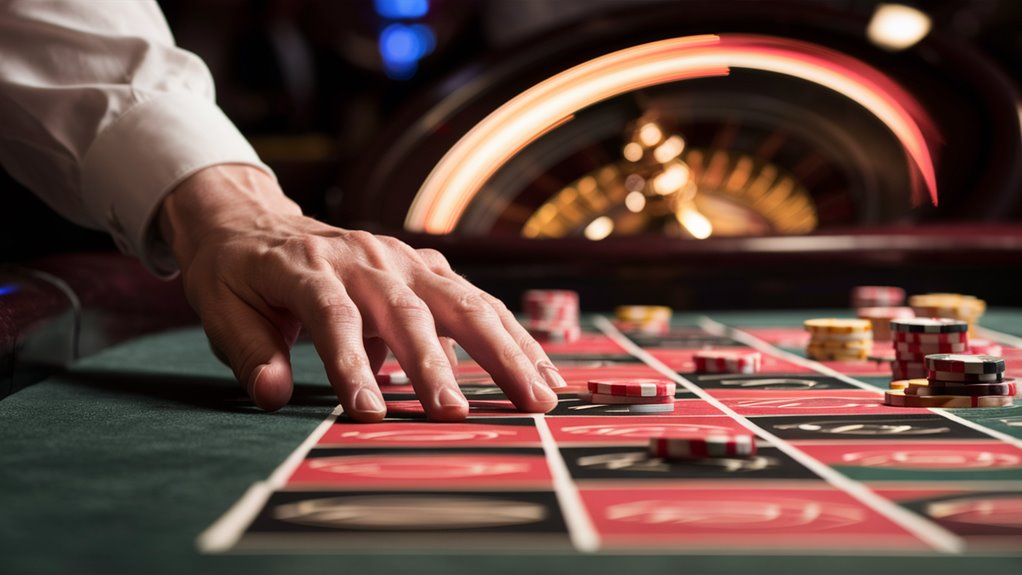
The Key Mental Ways in Roulette
The mental role of roulette works with a few strong brain ways. The main one is the Gambler’s Fallacy. It shows when people bet big – like $500 – on black after seeing many reds, even though each spin is its own Playing Poker Online
Thinking Shortcuts and How We Bet
Lucky Streak Error
When on a winning run, the lucky streak error really drives how people bet, making them go from small $50 bets to big $200 ones. This thought trick makes them feel like they can guess the next win, even though it’s all up to chance.
Almost-Winning Effect
The brain’s dopamine kick pops a lot when you almost win, like when you bet on 17 but get 16. This brain buzz pushes you to keep playing and chase losses, making roulette so hooking.
How Others Affect Our Bets
The power of others in a roulette space can really shape how we bet. Seeing someone win on tricky bets makes others change their own bets too. This group effect holds strong because we share wins and the feel of good guesses 여기서 안전성 확인하기
The mix of brain tricks, brain kicks, and group power sets up a strong mental base that grabs people into roulette and gets them to act in certain ways.
What is the Gambler’s Fallacy?
Deep Dive Into Gambler’s Fallacy
Why Random Feels Not So Random
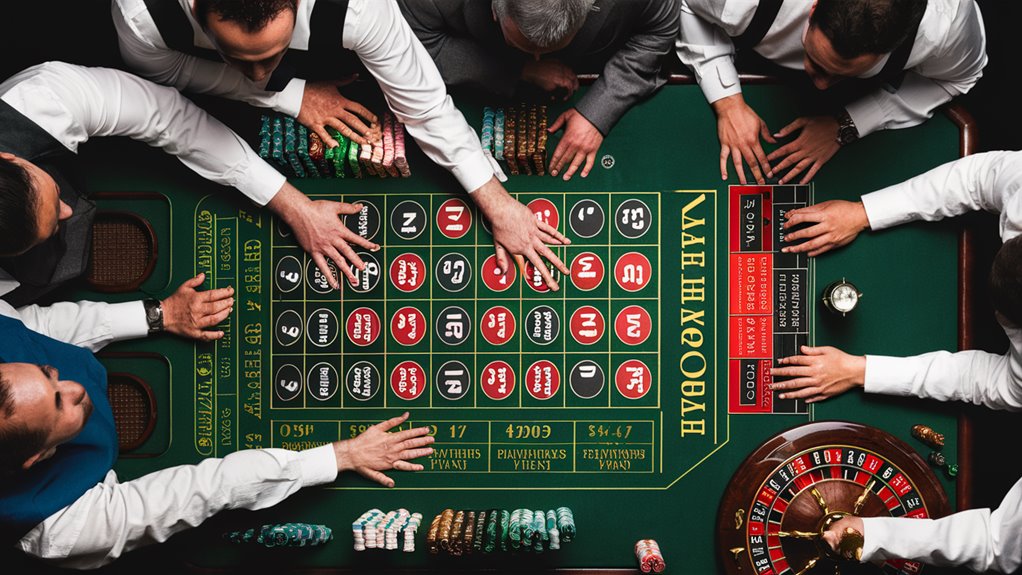
The Gambler’s Fallacy is a classic brain trick. When people see a lot of one thing – like reds in roulette – they often wrongly think that the other – black – must come next.
Each Spin Stands Alone
Real Talk on Chance
Every spin in roulette is its own thing, no matter what came before. Chance does not remember or care.
The true chance of landing red or black is always 48.6% because of one green spot. This stays true no matter what the last spin did.
Seeing Shapes Where There Are None
Our brains like to see patterns. That makes us think we see shapes in random places. While good in some parts of life, it’s not so good in roulette, where each outcome doesn’t depend on the last one.
Busting the Fallacy
Knowing that each spin stands alone is key to getting past the Gambler’s Fallacy.
The chance does not shift based on past spins – the wheel does not remember. This fact fights the false idea that things need to even out soon.
The Almost-Win Mind Games
The Allure of Almost Winning
How Close Calls Mess With Us
Almost winning in games like roulette hits three key mental responses that change how players act and feel.
Dopamine and The Buzz of Almost
The first key point is the big dopamine hits when you almost win. If the ball stops on 17 when you bet 16, your brain lights up a bit like if you’d won.
This brain buzz rewards you, even though you did not really win.
